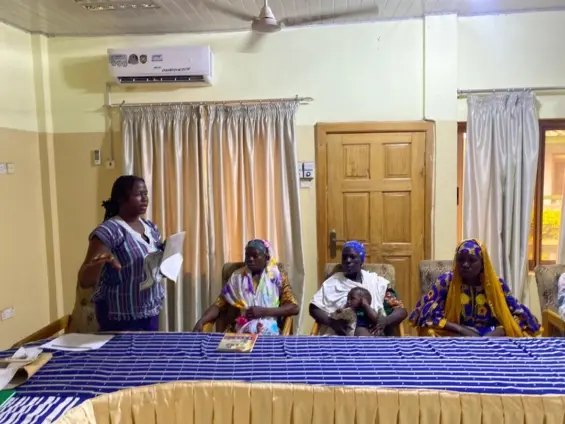The decision by President John Dramani Mahama regarding the handling of the Sammy Gyamfi controversy has sparked significant debate, drawing criticism from various political figures and the public alike. Kennedy Agyapong, a prominent political figure with his own aspirations, recently voiced strong disapproval of the President’s actions. The controversy, which involves Sammy Gyamfi and his association with the Ghana Gold Board, has raised questions about ethical standards and the integrity of public service.
During an address at Central University, Agyapong condemned President Mahama’s handling of the Sammy Gyamfi incident, citing nepotism and ethical concerns as detrimental to national progress. Agyapong’s remarks underscore the deep-seated issues of governance and accountability that continue to plague Ghana’s political landscape. The core of the Sammy Gyamfi controversy lies in the intersection of power, influence, and ethical conduct, elements that Kennedy Agyapong argues are critical for the nation’s future.
Speaking at an Entrepreneurship and National Leadership event, Kennedy Agyapong explicitly condemned President Mahama for his perceived lack of decisive action in the wake of the controversy. Agyapong stated firmly, “If I were the president, I would have sacked Sammy Gyamfi right away.” He argued that the evidence was compelling and warranted immediate dismissal to set a clear deterrent against unethical behavior. Agyapong’s stance reflects a broader sentiment that public officials should be held to the highest standards of conduct, and any deviation should be met with swift and decisive consequences.
Agyapong’s criticism extends beyond the immediate issue of Sammy Gyamfi’s actions. He asserts that nepotism and favoritism are significant impediments to Ghana’s development. According to Agyapong, the practice of appointing unqualified individuals to critical roles undermines meritocracy and hinders progress. He highlighted the struggles faced by young graduates seeking national service placements, stating, “Even with that one, you will have to pay to get a good company. If you didn’t know any politician, you could not do your national service at a proper place.” This statement encapsulates the frustration and disillusionment experienced by many young Ghanaians who find their opportunities limited by systemic inequalities.
Agyapong further employed a metaphor, describing the situation as “square pegs in round holes,” emphasizing the detrimental impact of employing unqualified individuals due to nepotism. He stressed the urgent need to address this issue to ensure that competent individuals are placed in positions where they can effectively contribute to the nation’s growth.
The catalyst for much of this debate was a viral video showing Sammy Gyamfi handing money to Nana Agradaa, a controversial figure known for her involvement in alleged fraudulent activities. This incident raised public concern regarding potential breaches of the Foreign Exchange Act and sparked questions about the ethical standards expected of public officeholders. The video quickly circulated on social media, amplifying the scrutiny and intensifying the pressure on President Mahama to take decisive action.
Following the incident, Sammy Gyamfi issued an apology. The Chief of Staff summoned Gyamfi to address the matter. However, President Mahama’s ultimate decision not to pursue further disciplinary action was met with widespread criticism, particularly from figures like Kennedy Agyapong, who viewed it as a missed opportunity to reinforce ethical governance.
The Sammy Gyamfi controversy also raises potential legal and ethical considerations. The Foreign Exchange Act could potentially apply to this case, bringing into question the legal responsibilities of public officials. Beyond legalities, the incident underscores the importance of transparency and accountability in public service. The standards of behavior expected of public servants are crucial for maintaining public trust and ensuring that governance is conducted with integrity.
In conclusion, Kennedy Agyapong’s criticism of President Mahama’s handling of the Sammy Gyamfi controversy underscores significant concerns about nepotism, ethical governance, and the impact of such issues on national progress. Agyapong’s call for stricter action reflects a broader demand for accountability and integrity in public service, emphasizing the need for Ghana to uphold the highest standards of Public Service Ethics to foster sustainable development and maintain public trust. The Sammy Gyamfi Controversy serves as a focal point for broader discussions about the values and principles that should guide the nation’s leadership.
Image Source: MYJOYONLINE





















